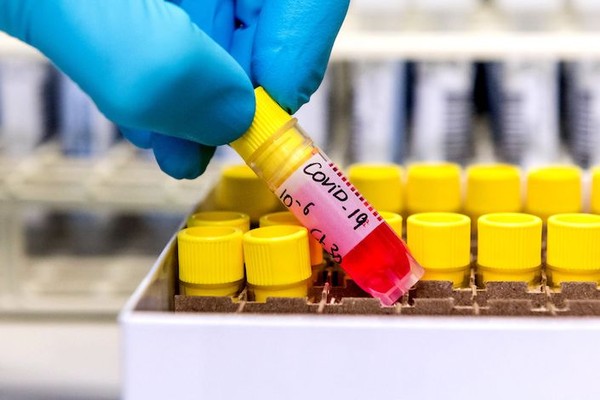As the COVID-19 pandemic persists, many are counting on the development of a cure to end this crisis once and for all. The need to rely on and trust modern medicine and science is greater than ever, but the political tides are turning in the opposite direction. The Trump administration’s 2021 budget released in February proposed funding cuts of 18.6% for the Centers for Disease Control and Prevention (CDC), and 7.2% for the National Institutes of Health (NIH).

NIH also recently revoked funding for a long-standing collaborative research project between EcoHealth Alliance, a non-profit organization that studies emerging diseases, and Wuhan Institute of Virology. Peter Daszak, the president of EcoHealth, stated earlier this month that the grant was canceled without explanation due to unfounded conspiracy theories targeting Wuhan Institute. On April 14, Florida Congressman Matt Gaetz claimed China’s Wuhan Institute has “birthed a monster.” Researchers around the world expressed dismay at the US government’s attempt to distance itself from these claims and deflect criticism for the mishandling of the crisis by blaming China. Contrary to this rhetoric, there is strong scientific evidence that this coronavirus leapt from wild bats to humans in a natural spillover event. The politically charged funding cancelation could set back critical research on suppressing the spread and developing a cure for COVID-19.
When the media floods with misinformation, the public leans toward apathy and ignorance. Quackeries such as drinking cow urine and guzzling water from fish tanks are becoming rampant. Natural health products and homeopathic solutions have seen an increase in sales. Scammers have taken the opportunity to sell fake at-home testing kits, cures, and masks on the dark web. With the shortage of personal protective equipment and the lack of a cure, counterfeit products are increasing in popularity. Unproven cures and preventative strategies distract people from following factual advice from medical professionals and pose great danger for public health.
However, it is hard to criticize the media alone when the scientific community itself is struggling with reliability. French physician Didier Raoult, who is famous for questioning orthodox medical theories, claimed recently that the use of hydroxychloroquine, an antimalarial drug, yielded a hundred percent cure rate. Raoult’s study had flawed methodology and unsound empirical evidence. His first study included only 42 patients, and Raoult knowingly chose the control group rather than using randomized controlled trials. Several other studies concluded ambiguous or even negative effects of hydroxychloroquine, such as heart arrhythmias.
Nevertheless, President Trump promoted the use of hydroxychloroquine, against expert opinion. In February, he arrogantly predicted that the virus would miraculously disappear by April because of warmer weather. His downright ignorance of scientific consensus is particularly concerning given his wide-reaching influence, and in the long-term, for the future of scientific research.
The COVID-19 crisis hit at a time when the funding for science and research is at a record low. As the pool for funding shrinks and grant approval rates plummet, researchers are forced to spend more of their time and energy applying for grants. Insecurity of funds undermines scientific research by repressing intellectual risk-taking, and subverting the integrity of research for fast publication.
With the US federal government playing a smaller role in advancing science, industry funding fills the void. Focusing on problems with apparent real-world impact may seem sensible, especially in difficult periods of economic downturn, but profit-driven science also paints a grim future. When scientists, who should be held to the highest caliber of objectivity, place their personal gain ahead of the pursuit of knowledge, conflicts of interest can topple the credibility of research.
The rise of anti-science sentiments and the propagation of quackery reminds us of the inherent value of science as an objective discipline. The way to move forward is restoring the status of science as the force that drives human advancement and resolves threats to our existence.

